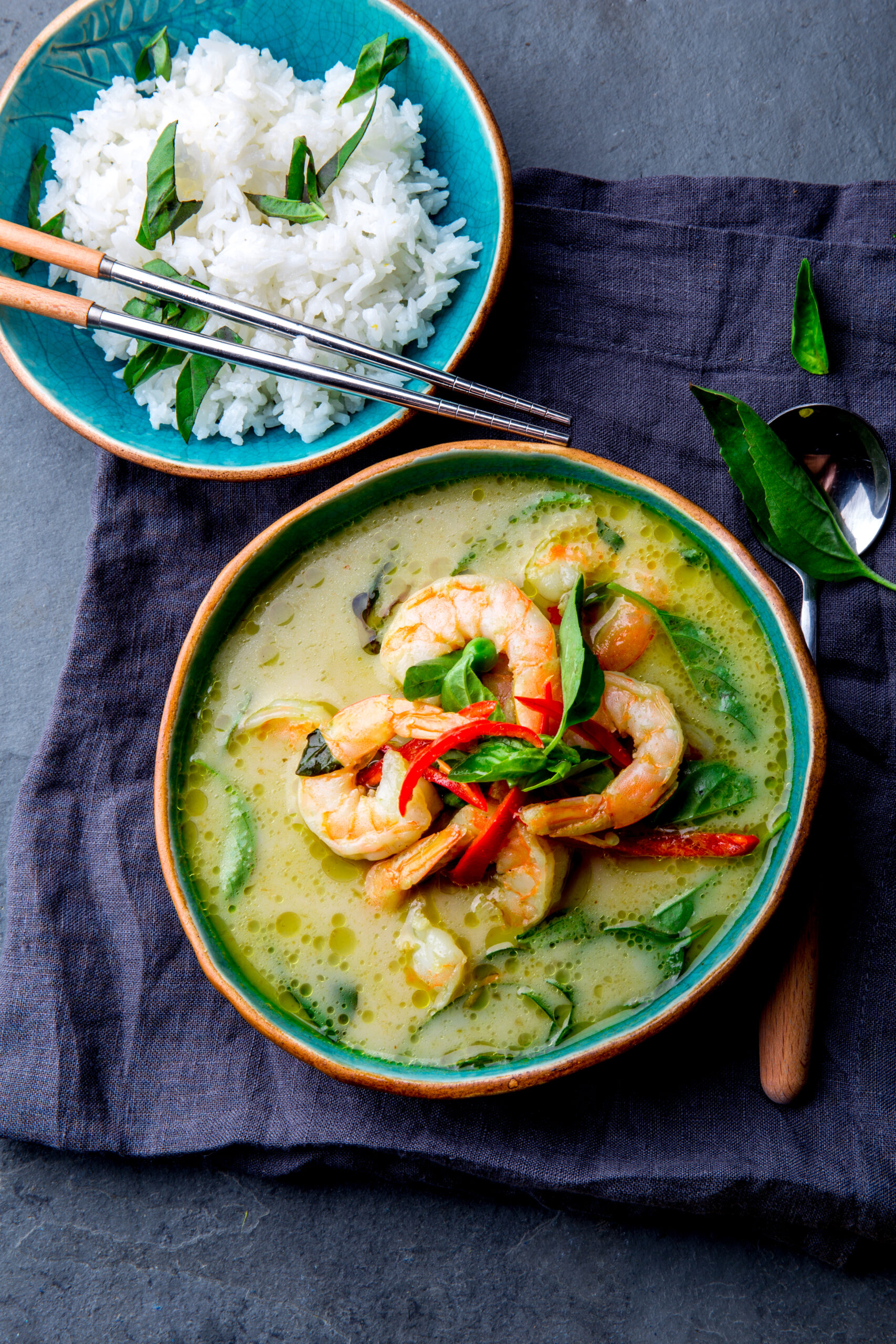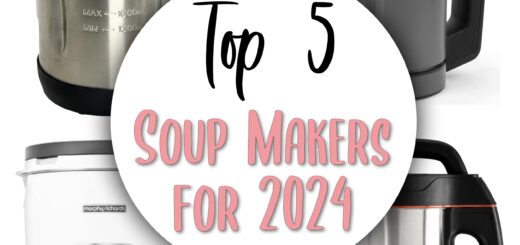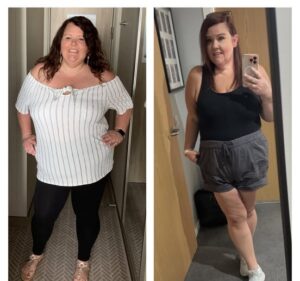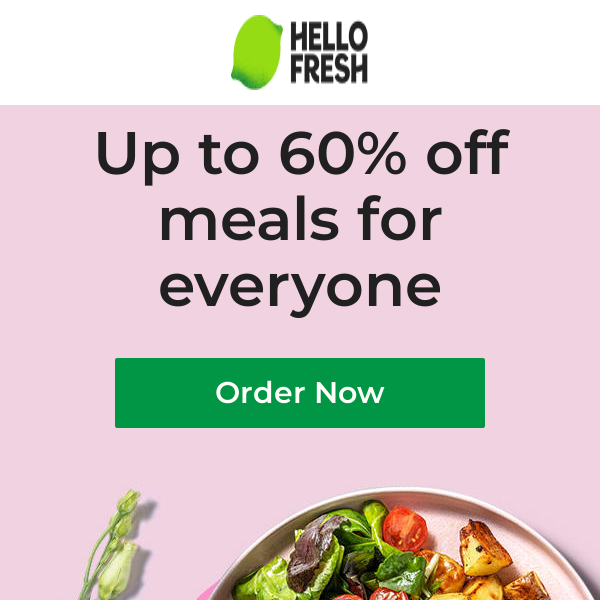6 Signs You Are Not Getting Enough Protein
It’s a very common question, so let’s get to the bottom of it once and for all!
This article will share some signs that may indicate a protein deficiency, along with the general recommendations for your daily protein intake.
Protein is essential for living organisms. It gives us energy, helps our bodies recover, and keeps our tummies satisfied. Protein is composed of long-chain amino acids, which are the building blocks of muscle. Your body produces 11 amino acids, and the others—the nine essential amino acids—you must consume from food.
Luckily, it can be found in a variety of foods that you eat every day, from meat and fish to legumes, dairy, quinoa and seeds, grains, fruits, vegetables and protein supplements.
The amount of protein you need each day is determined by your age, weight and activity level. A good rule of thumb for the average person is to consume:
0.36 grams per 1 pound of body weight of protein each day.
However, this general recommendation does not take certain things into account such as age, weight, and activity level. In other words, 0.36 grams per one pound of body weight is the minimum, and living an active lifestyle will increase this daily requirement. This is important to be aware of.
1. WEAKNESS
Muscle weakness and loss of existing muscle are signs that you may not be eating enough. When you don’t eat enough protein, your body will break down muscle to use as fuel and energy. Loss of muscle mass can slow down your metabolism, too.
Animal protein in particular is good for joints, as the collagen in these protein sources has been shown to alleviate joint pain. A daily intake of protein was also found to help alleviate pain in patients with osteoarthritis, according to one clinical trial.
2. FEELING HUNGRY
There are a variety of reasons why you might be hungry, including dehydration, but you might also be lacking adequate protein in your diet.
Constant food cravings and needing snacks often between meals may be a sign that you’re low in protein. Protein is the most satiating nutrient, meaning that it helps keep you fuller for longer. If you’re low in this satiating nutrient, you might experience some hunger pangs throughout the day.
Try snacking on high in protein snacks.
3. PEELING SKIN
Other very visible signs of a deficiency include peeling skin and nails. Common signs to look out for include flaky, irritated skin on the back of your thighs and booty, which is caused by a weakened skin barrier that makes your skin more susceptible to allergens.
4. SLOW RECOVERY FROM INJURIES
To heal and rebuild new cells, tissue, and skin and for immunity, research has shown we need a sufficient amount of protein. One study also found that eating protein can accelerate the recovery of hip fractures in older adults. Meaning, a protein deficiency could significantly slow your recovery time if you do ever get injured.
5. THINNING HAIR
Protein is not just essential for muscle growth and development. It is also the building block of our cells, including our hair, skin and nails.
To save energy and retain stored protein, your body will enter a resting phase in which it will not grow hair, resulting in hair loss or thinning.

6. YOU ARE STRUGGLING TO LOSE WEIGHT
f you cut calories in an effort to lose weight, you might actually be causing the opposite effect due to a slowed metabolism caused by reduced muscle mass.
If you are trying to lose weight, you should eat more protein, since increased consumption is linked to eating less calories throughout your day as you will feel fuller longer. Also, the weight you lose will be from fat, not muscle.
Foods that will boost your protein intake:
- Lean meats – beef, lamb, veal, pork
- Poulty – chicken, turkey, duck
- Fish and Seafood – fish, prawns, crab, lobster, mussels, oysters, scallops, clams
- Eggs
- Dairy Products – milk, yoghurt (especially Greek yoghurt), cheese (especially cottage cheese)
- Nuts – (including nut pastes) and seeds – almonds, pine nuts, walnuts, macadamias, hazelnuts, cashews, pumpkin seeds, sesame seeds, sunflower seeds
- Legumes and Beans – all beans, lentils, chickpeas, split peas, tofu.
Some grain and cereal-based products are also sources of protein, but are generally not as high in protein as meat and meat-alternative products.












